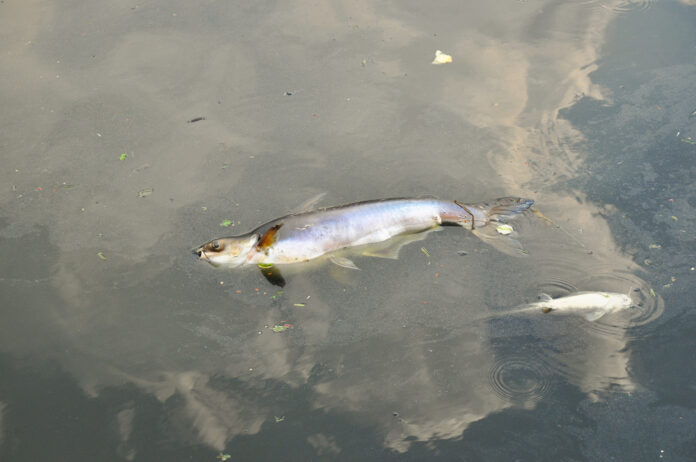The Bureau of Fisheries and Aquatic Resources (BFAR) has refused to lift the fishing ban imposed in municipalities affected by the oil spill in Oriental Mindoro on continued food safety concerns.
The agency said fish samples collected and analyzed from select sites in Oriental Mindoro still showed low-level polycyclic aromatic hydrocarbons (PAH) while seaweed from select sites in Caluya, Antique also showed low-level PAH contaminants.
The BFAR said PAH are harmful to humans and other living organisms and accumulate in the flesh of marine organisms over time. Seaweeds and other sessile organisms have greater chances of accumulating PAH due to their immobility.
“These samples were collected during the early days of March, making the current situation unknown due to the possibility that the spill had spread further due to ocean current and wind direction. More PAH may have accumulated in marine organisms,” the BFAR explained.
The agency added it continuously analyzes and monitors the area to establish time-series results on the impact of the oil spill relative to food safety. Succeeding analysis on fish and seaweed samples will be conducted to ensure seafood is safe for public consumption.
The BFAR has thus far set aside P4.4 million-worth of livelihood assistance in the form of post-harvest technology packages that will benefit 10 fisherfolk associations and cooperatives or 689 families.
Some P1.5 million was also set aside as food assistance to 5,000 fisherfolk in MIMAROPA while P580,500 was spent to help displaced fishing groups in Western Visayas.
In addition, BFAR deployed monitoring, control and surveillance vessels as well as personal protective equipment sets and other materials for clean-up activities separate from interventions based on rehabilitation proposals from oil spill-hit areas.







